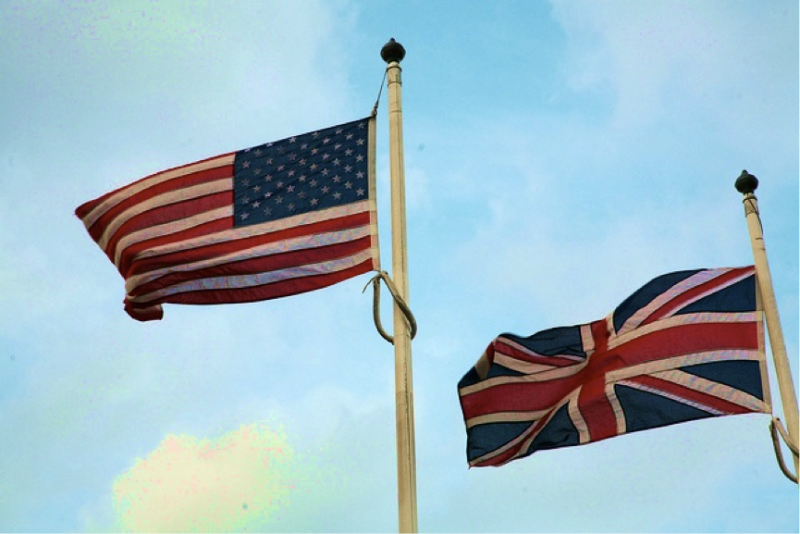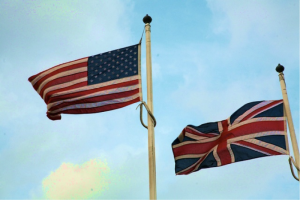UK co-operated with US surveillance under Blair government

More documents leaked by NSA whistle-blower, and now fugitive, Edward Snowden have revealed that Britain allowed US surveillance upon its innocent citizens under Blair’s government.

Blair’s government permitted the US to spy on potentially millions of British citizens for years. There is no evidence to suggest the discontinuation of this practice. Photo: rethought
As part of a 1946 agreement between Britain and America, Blair’s government gave America permission to monitor the email, mobile phone and internet records of those who had only very vague tangential links with subjects of US suspicion.
In 2004 Britain allowed the US to collect and store any UK landline numbers of people targeted, and those linked even remotely to them. In 2007, documents reveal that access to mobiles, faxes, email and IP addresses were also enabled.
However, the documents reveal that the US meanwhile developed plans to gather surveillance information unilaterally, entirely without the consent of the British government.
A draft memo from January 2005 details two versions of document release. The first: for sharing with the US “five eyes”, including Britain, and the second: for US eyes-only.
The five eyes version stated that the US was permitted to spy on British people with the “full knowledge and co-operation” of our government in the “interest of both nations”.
However the other contradicted this by citing that “it may be advisable and allowable to target […] unilaterally when in the best interests of the US, and necessary to issues of National Security”.
Another memo released in 2007 further stipulates what the US could and could not do – but mainly what they could.
However it did not feature details about whether the UK Liaison Office had discussed decisions with London ministers before they were granted.
Both foreign secretaries of 2005 and 2007, Jack Straw and Margaret Beckett, declined to comment when approached by the Guardian and Channel 4.
Meanwhile, Britain’s ambassador to Germany has been summoned to discuss alleged eavesdropping by the British Embassy in Berlin. The discussion is due to take place this month.
Bethany Bishop

























Facebook
Twitter
Instagram
YouTube
RSS